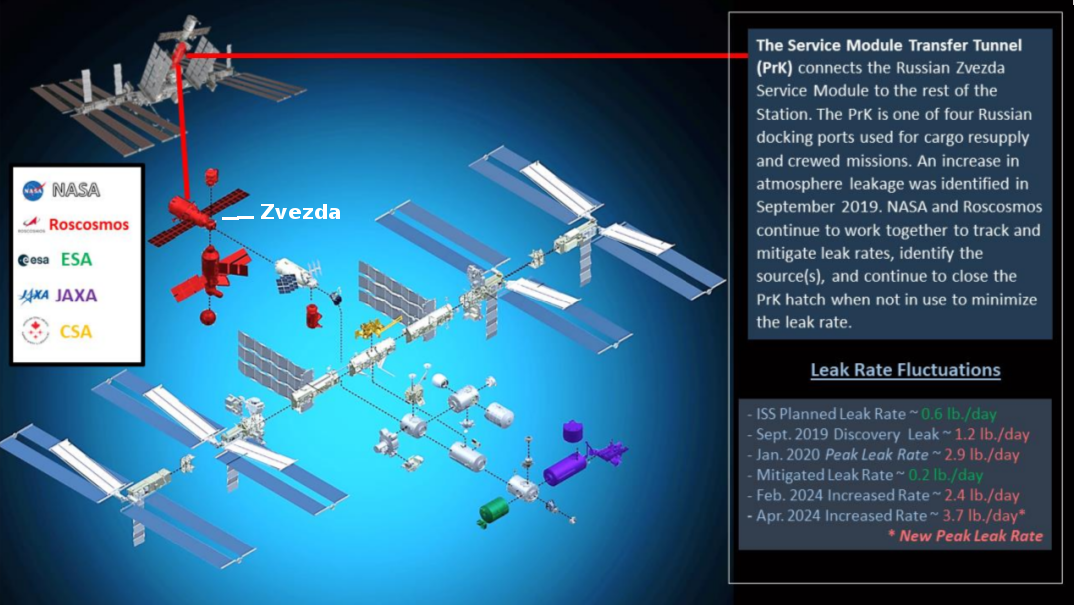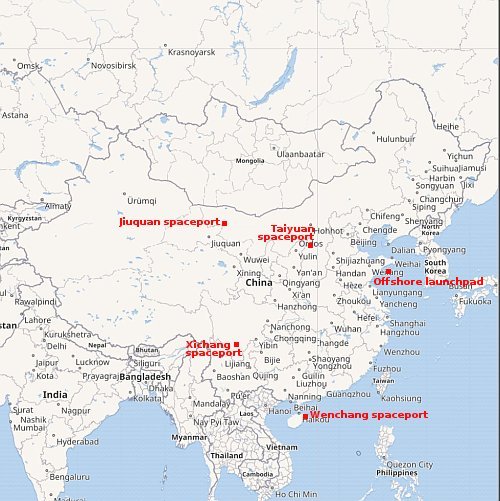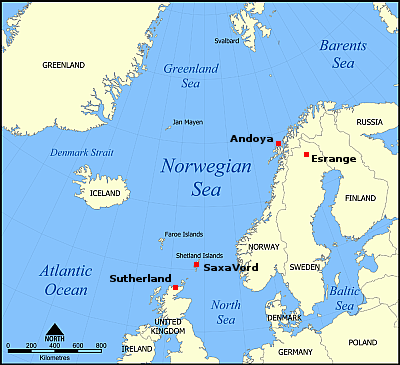Crazy swirling Martian landscape
Cool image time! The picture to the right, cropped, reduced, sharpened, and annotated to post here, was taken on July 1, 2024 by the high resolution camera on Mars Reconnaissance Orbiter (MRO).
The science team labels this “Contacts between Likely Sulfates and Chaos Blocks.” That contact I have indicated with the dotted line. To the west the lighter terrain is likely the sulfate-bearing unit, similar to the sulfate-bearing unit that Curiosity has been traversing on Mount Sharp for the past year or so.
To the east are the chaos blocks, but I think that description is wholly inadequate. In truth, I haven’t the faintest idea how this terrain got to be the way it is. It is evident that a lot of dust and sand has gotten trapped in the hollows, leaving behind ripple dunes in some places, but why the higher ridges swirl and curve about as they do is utterly baffling.
» Read more
Cool image time! The picture to the right, cropped, reduced, sharpened, and annotated to post here, was taken on July 1, 2024 by the high resolution camera on Mars Reconnaissance Orbiter (MRO).
The science team labels this “Contacts between Likely Sulfates and Chaos Blocks.” That contact I have indicated with the dotted line. To the west the lighter terrain is likely the sulfate-bearing unit, similar to the sulfate-bearing unit that Curiosity has been traversing on Mount Sharp for the past year or so.
To the east are the chaos blocks, but I think that description is wholly inadequate. In truth, I haven’t the faintest idea how this terrain got to be the way it is. It is evident that a lot of dust and sand has gotten trapped in the hollows, leaving behind ripple dunes in some places, but why the higher ridges swirl and curve about as they do is utterly baffling.
» Read more














